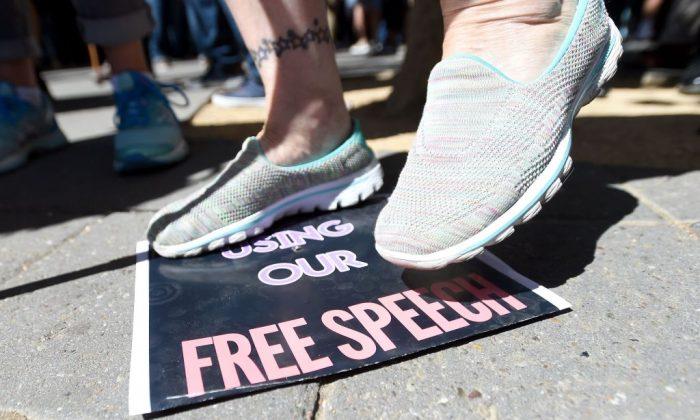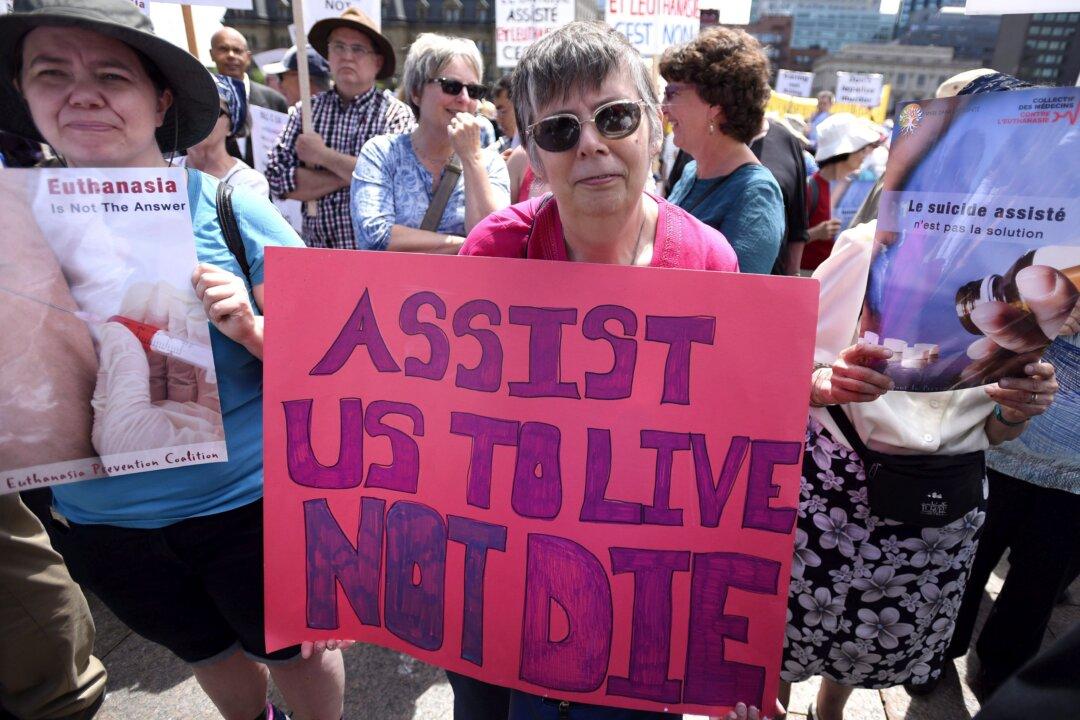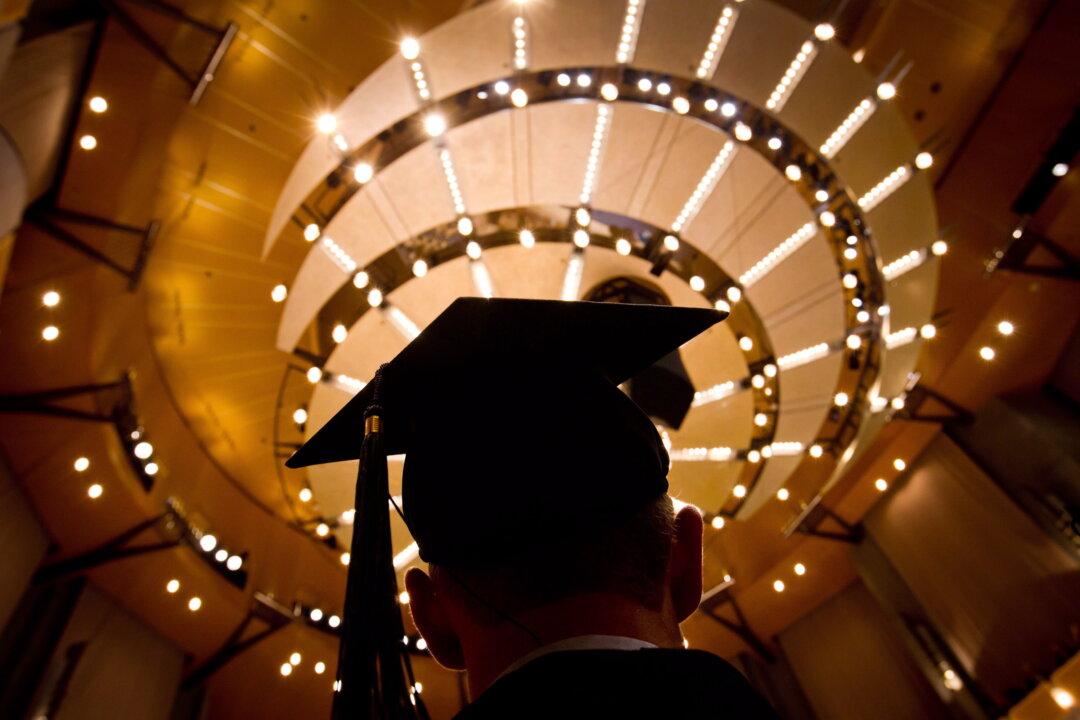The Justice Centre for Constitutional Freedoms represents the plaintiff in this case. The Epoch Times invited School District No. 70 to write a rebuttal but did not receive a reply by press time.
Can children in public schools be subjected to spiritual practices or ceremonies that invoke the supernatural? Are some practices religious even while also being cultural?





